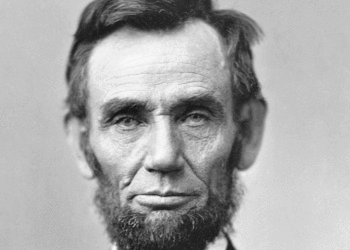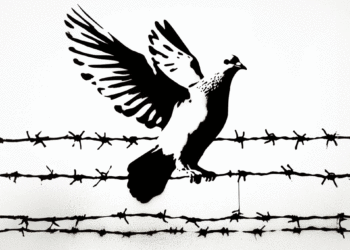Jews have hailed the importance of the Vatican’s 1965 declaration known as Nostra Aetate, but the reality is that not much has changed between the Church and Jews
By MOSHE GIT
I was taken aback by the obsequiousness towards the Catholic and Christian worlds in Rabbi Noam Marans’ piece commemorating the 50-year anniversary of Nostra Aetate (“How Nostra Aetate transformed Jewish-Catholic relations,” 5-22-15 AJW).
Nostra Aetate (“In Our Time”) was a declaration issued by the Vatican concerning the Catholic Church’s attitude towards other faiths. Many Jews considered it revolutionary as it condemned anti-Semitism and absolved the Jews of the generations-long charge of being Christ killers.
The Jewish world has been hailing that declaration ever since; but the truth of the matter is that, in the practical sense, it has resulted in very little change. Even the heads of the church didn’t seem to be affected much by its implications.
Pope Paul VI, who is mentioned in Rabbi Marans’ article as one of the architects of the declaration, refused to acknowledge the existence of the Jewish state during his 1964 visit to the Christian holy sites in the “Holy Land.” Not even once did he utter the word “Israel” during his visit, and didn’t coordinate the visit with the Israeli authorities.
Further, being concerned that his entry to Israel through one of the official entry points would grant a measure of legitimacy to the Jewish state, Pope Paul VI entered Israel through an opening torn in the fence separating Israel from Jordan. He refused to step on the red carpet laid for him by the Israeli government; but Israel’s president, Zalman Shazar, still humiliated himself by going there to greet him. (As I recall, the pope refused to walk by the side of Shazar on the carpet and, to make his point, walked on the bare ground next to the carpet.)
The much hailed John Paul II, the Polish pope, who bragged about having Jewish acquaintances during his youth in Poland, pointedly declined to apologize for historical wrongs against Polish Jews during his visit to Yad Vashem. (His compatriot, President Lech Walesa, had no problem in issuing such an apology when he paid a visit to the Knesset.)
Not only did the Vatican fail to apologize for the abduction of Edgardo Mortara, a six-year-old Jewish boy who was forcibly taken from his parents and raised as a Catholic under the auspices of Pope Pius IX, but the post-Nostra Aetate church even took steps to canonize Pius IX, as well as Pope Pius XII (dubbed Hitler’s Pope by Catholic author John Cornwell), whom Jews blamed for indifference towards the fate of the Jews in the Shoah.
Pope Francis, the current Catholic spiritual leader, called the Palestinian leader Abu Mazen an “angel of peace,” while recognizing the Palestinian state, against the protestations of Israel.
Add to this the case of the anti-Semitic Polish Cardinal Jozef Glemp. Despite Nostra Aetate’s condemnation of anti-Semitism, this priest wasn’t censured or removed from office.
Some Jews were so elated by Nostra Aetate’s supposed acceptance of the legitimacy of Judaism that they felt it deserved a quid pro quo, that Judaism ought to meet the Christians half-way, as if the Jews have been hurting Christians all along.
They apparently didn’t realize that Nostra Aetate declared: “All should see to it, then, that in catechetical work or in the preaching of the word of God they do not teach anything that does not conform to the truth of the Gospel and the spirit of Christ.” This statement doesn’t allow for any compromise, and doesn’t frown on Christianity’s practice of proselytizing.
However, imbued with the feeling of kumbaya, those Jews issued Dabru Emet: A Jewish Statement on Christians and Christianity. Rabbi Marans hails the eight-point proclamation; but its principles are watered-down Judaism, at best.
The first principle, which is shamelessly quoted by Rabbi Marans, is that Christians and Jews worship the same God. How can two items be the same if their attributes are different? The major attribute of the Christian God is the Trinity, and one of its components, Jesus Christ, is an indispensable part of God. In Judaism, God is one and indivisible. Indeed, according to Judaism, gentiles are permitted to worship God even in association (shituf) with another entity, since a belief in God isn’t part of the Noahide laws, which, according to Judaism, are binding on all gentiles.
But what is good for the goose is not good for the gander: shituf is a no-no for Judaism. The other principles of Dabru Emet are just as repulsive, but for the sake of brevity they won’t be discussed here.
***
Moshe Git lives in Minnetonka.
(American Jewish World, 6.5.15)



















